Article by Sarah Bernick
Iowa NASA EPSCoR is excited to announce the recipients of its annual seed grants, aimed at expanding research capacity in Iowa as part of a larger initiative funded by NASA’s Research Infrastructure Development (RID) grant. This multi-year effort, which runs from 2022 to 2027, seeks to empower researchers across the state and foster innovation that aligns with NASA’s strategic goals. This multi-year grant allows Iowa NASA EPSCoR to solicit for Research Building Seed Grants and Partnership Development Travel Grants.
Each year, researchers from Iowa institutions compete for the Iowa NASA EPSCoR grants to advance their research projects, which are closely tied to NASA’s objectives. This year’s awards include funding for projects that investigate critical areas such as microgravity effects, materials reliability for deep space exploration, and advancements in robotic technologies.
Grant Recipients:
Aswati Subramanian (Simpson College) has been awarded a seed grant for her project titled “Effect of Microgravity and Hypergravity on Tetrahymena Microtubule Arrangement and Dynamics.” This research will be conducted in collaboration with the Kennedy Space Center, and it aims to enhance our understanding of Earth systems while developing capabilities to safeguard explorers.
“I’m incredibly thrilled about this opportunity,” said Subramanian. “Such projects make academia exciting, accessible, inclusive and engaging for our students. In the future, I plan to expand this research to include other departments and divisions across campus. There is significant potential for interdisciplinary collaborations!”
Siddhartha Pathak (Iowa State University) received funding for his proposal, “Reliability of Metal Joints under Extreme Elevated and Cryo Temperatures for Deep Space Exploration.” In partnership with the Marshall Space Flight Center, this project aligns with NASA’s initiatives related to metal joining in reduced gravity environments, addressing critical challenges for future space missions.
Qiang Zhong (Iowa State University) is working on a project titled “Developing Tunable Stiffness-Compliant Joints for Limbless Undulatory Robots in Extreme Environment Exploration.” Collaborating with the Jet Propulsion Laboratory, this research focuses on innovating space technologies to enhance robotic mobility in extreme environments.
Khaled Kamal (Iowa State University) has been awarded a grant for his project, “Exploring Sex Differences in Exosome Cargo and Function During Spaceflight Using Integrative Multiomics.” In collaboration with the Ames Research Center, this study aims to advance human health and performance during spaceflight, addressing key risks related to astronaut well-being.
“This NASA-funded project, aligned with NASA’s Human Research Roadmap and Artemis program, will contribute significantly to ensuring the health and performance of the next generation of space explorers,” said Kamal.
In addition to the seed grants, the RID also supports travel grants to facilitate collaboration and knowledge exchange among researchers. Applications for these travel grants are currently open.
For more information about the seed grants and to view the complete list of award winners, please visit Iowa NASA EPSCoR Seed Grants.
About NASA EPSCoR
NASA’s Established Program to Stimulate Competitive Research (EPSCoR) aims to enhance the capabilities of researchers in U.S. states and territories, fostering collaboration and innovation in NASA-related science and technology.


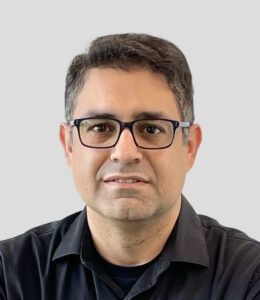
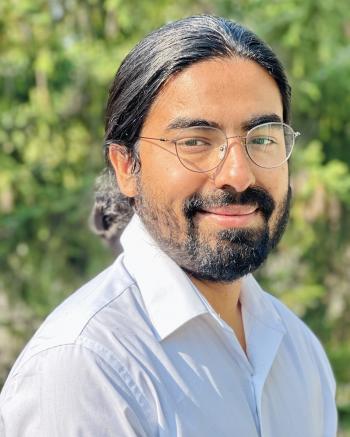

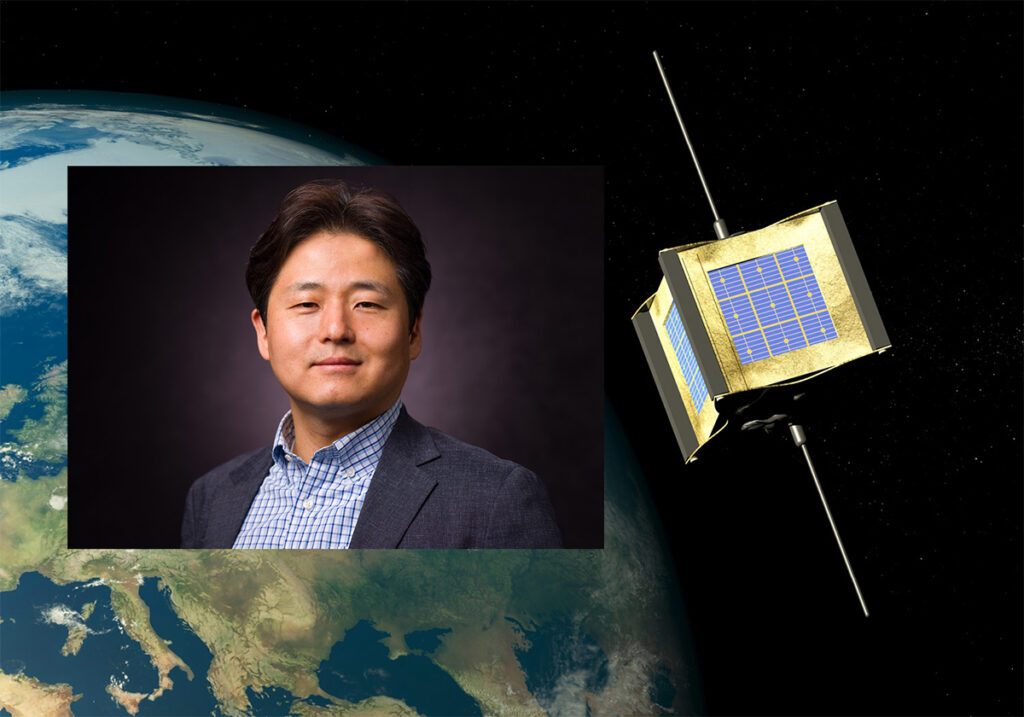
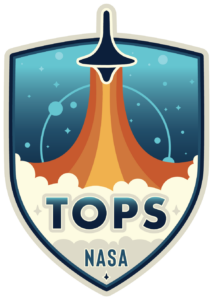
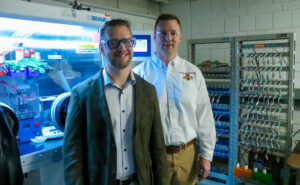
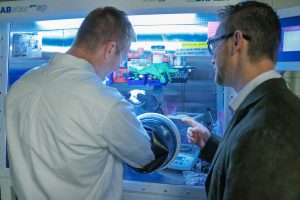 The research project being conducted over a three-year period will investigate the fundamental processes in lithium-ion batteries during extreme thermal conditions, such as freeze-thaw cycles often encountered by spacecraft during lunar and Martian exploration. During the duration of the project, a new state-of-the-art shared battery fabrication and testing facility, which will be utilized to identify the underlying mechanisms of battery degradation and failure during thermal cycles, will be established in the Iowa State University Department of Mechanical Engineering.
The research project being conducted over a three-year period will investigate the fundamental processes in lithium-ion batteries during extreme thermal conditions, such as freeze-thaw cycles often encountered by spacecraft during lunar and Martian exploration. During the duration of the project, a new state-of-the-art shared battery fabrication and testing facility, which will be utilized to identify the underlying mechanisms of battery degradation and failure during thermal cycles, will be established in the Iowa State University Department of Mechanical Engineering.